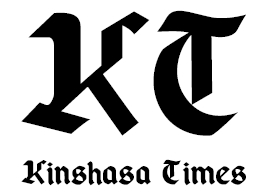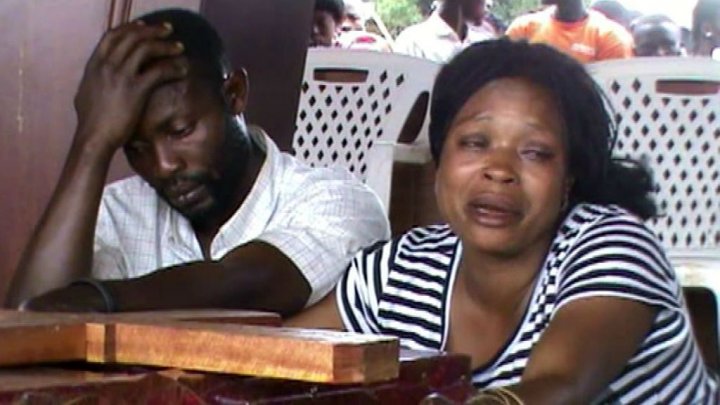 In the night of 13 to 14 August 2016, more than 60 civilians were macheted to death in Beni, eastern DRC, only a few days after President Kabila visited the town and promised to curb the insecurity prevailing there.
In the night of 13 to 14 August 2016, more than 60 civilians were macheted to death in Beni, eastern DRC, only a few days after President Kabila visited the town and promised to curb the insecurity prevailing there.
The DRC army spokesperson blamed the attack on the Ugandan Allied Democratic Forces (ADF) rebel movement as a retaliatory move following the recent operations the DRC army conducted against them. President Kabila told the press team accompanying him in his tour of eastern DRC that “what we see happening in Beni is an Islamic threat posed by radical terrorists from everywhere”. He further stressed “the killings in Beni are not different from those the world has seen in Mali, Cameroon, Nigeria, or even Belgium, the United States and France”. These views were echoed by a communiqué later issued by the Congolese government. The government meanwhile has announced a three-day national mourning as from 15 August 2016.
However, no responsibility was claimed by the Islamic State or any other affiliate terrorist organisation.
The killing has drawn various sentiments from different quarters of the opposition, from the United Nations Mission to the DRC, and even from the Pope.
Immediately after the attack, opposition leader Moïse Katumbi lambasted the DRC government saying “the inaction of our leaders is deplorable, inacceptable and lays bare their irresponsibility”. Katumbi urged the government to “concentrate police, legal and military efforts on the protection of the most vulnerable populations in eastern DRC rather than on suppressing human rights activists and constitution defenders”.
Vital Kamerhe of the Union for the Congolese Nation (UNC) opposition party simply called for a replacement of the country’s incumbent leadership saying “the blatant incapacity of the ruling coalition to end these massacres, demonstrates the imperative necessity to have a democratic change of rule in the country that will pave the way for lasting peace in Eastern DRC”. Kamerhe reiterated his proposal to hold a security round table which he made to the political stakeholders in recent months.
In a communiqué issued on 15 August 2016, UN Secretary General Special Representative to the DRC, Maman Sidikou “condemned in the strongest terms the massacre of civilian perpetrated against innocent civilians” in Beni. He reiterated “the collective determination to eradicate all negative forces operating in the DRC” and the full support of the UN Mission peacekeepers to the Congolese army in restoring security.
Taking the opportunity of the celebration of the Assumption this 15 August 2016, Pope Francis denounced the “shameful silence” of the international community to the killing in Beni, lamenting that “these populations unfortunately are part of many others that don’t matter to the global opinion”.
Beni has been the scene numerous massacres since October 2014 that have left in total more than 600 civilians dead. The ADF Ugandan rebels, operating in the DRC for more than 20 years now, have been responsible of most of the attacks, although the DRC army was also said to be involved in some. Which the government sternly denied.


